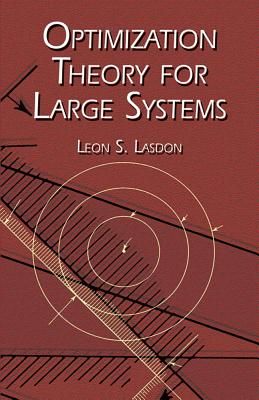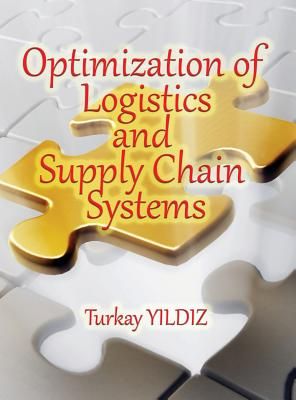Home
Sparse Polynomial Optimization: Theory And Practice
Loading Inventory...
Barnes and Noble
Sparse Polynomial Optimization: Theory And Practice
Current price: $88.00


Barnes and Noble
Sparse Polynomial Optimization: Theory And Practice
Current price: $88.00
Loading Inventory...
Size: OS
*Product Information may vary - to confirm product availability, pricing, and additional information please contact Barnes and Noble
Many applications, including computer vision, computer arithmetic, deep learning, entanglement in quantum information, graph theory and energy networks, can be successfully tackled within the framework of polynomial optimization, an emerging field with growing research efforts in the last two decades. One key advantage of these techniques is their ability to model a wide range of problems using optimization formulations. Polynomial optimization heavily relies on the moment-sums of squares (moment-SOS) approach proposed by Lasserre, which provides certificates for positive polynomials. On the practical side, however, there is 'no free lunch' and such optimization methods usually encompass severe scalability issues. Fortunately, for many applications, including the ones formerly mentioned, we can look at the problem in the eyes and exploit the inherent data structure arising from the cost and constraints describing the problem.This book presents several research efforts to resolve this scientific challenge with important computational implications. It provides the development of alternative optimization schemes that scale well in terms of computational complexity, at least in some identified class of problems. It also features a unified modeling framework to handle a wide range of applications involving both commutative and noncommutative variables, and to solve concretely large-scale instances. Readers will find a practical section dedicated to the use of available open-source software libraries.This interdisciplinary monograph is essential reading for students, researchers and professionals interested in solving optimization problems with polynomial input data.


















